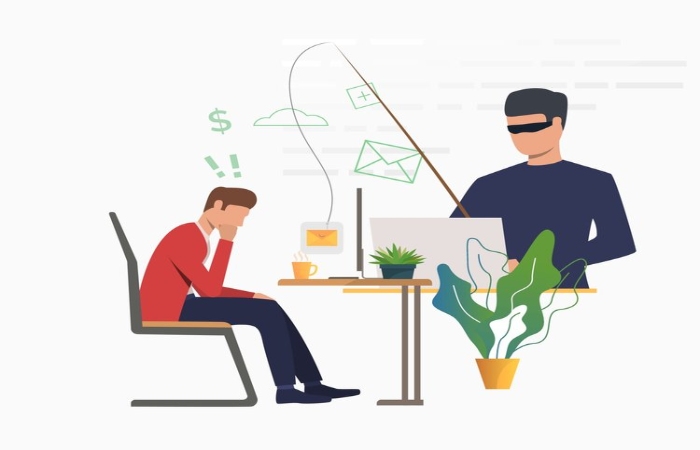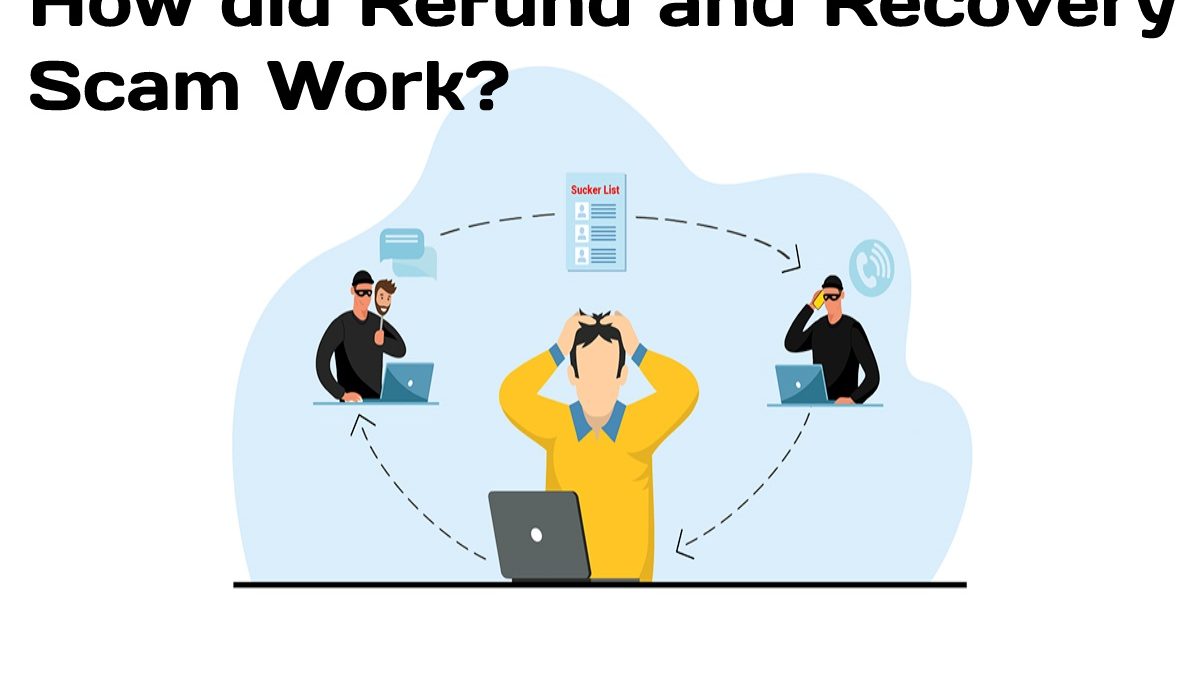Recovery Scam
Whether a recovery scam was promising your money back or a payback scam telling you, you’ll get the prize or products you pledge. The scheme often follows the same pattern. It happens as follows:
Your name arranges on what scammers call a “pushover list.” Scammers maintain and sell these booby-trapped lists that contain information about people who have already been defrauded and lost money. For example, they may include your name, address, and phone number. The type of scam you were scammed with, and the amount of money you paid. Scammers buy, sell, and trade these lists, anticipating that those who have already been scammed once are good candidates to be scammed again.
And then the scammers call again. Using a list of people who have already paid money for a scam, the scammer contacts you by phone, mail, or online. This time it comes to you with the story that you will get back the money you lost or the prize or merchandise never given to you. If you weren’t aware that you scam, that’s fine. The scammer may “do you a favour” by informing you of the previous fraud using the information you purchased. With that information, the scammer seems more credible.
They make you believe that you can trust them. Scammers may claim to work for a government agency, a consumer advocacy group, a law firm, a charity, or another organisation. Some go so far as to say that they work for the same bogus company that took their money and offered refunds to dissatisfied customers. They may tell you they have money for you, show you to file claim paperwork with government actions on your behalf, or claim they can put your name at the top of a reimbursement list.

How to Recognize Refund and Recovery Scams?
Scammers contact you and ask you to pay a fee upfront. Regardless of how you communicate—by mail, online, phone, or text. Pay upfront is never a good idea, especially when someone contacts you. And telemarketers who sell recovery services can’t ask for or accept payment until seven days after they give you the money or item they recovered because prohibited by law.
Scammers say they work for a government agency, nonprofit group, or other organisation and need payment or your personal information. Government agencies and legitimate organisations will not ask you for money to help you get a refund. They will never ask for your financial account numbers or other personal information. Nor will they assure you will get your money back. Someone who does any of these things is a scammer.
How to Avoid Refund and Recovery Scams?
Don’t trust calls, letters, emails, or social media posts from someone who tells you you can get money back from a scam for a fee. You will lose even more money.
Never pay upfront for a refund or in exchange for help getting a refund. You never have to give out your bank account, credit card, or other payment info to get a refund. Anybody who asks for your financial information or pays up-front fees is a scammer.
Be suspicious if you receive a purported refund check for more than the lost amount. Some scammers will tell you there was a mistake and ask you to cash the check, keep the amount you owe, and pay back the difference. It can take weeks for the bank to discover that a statement authorised for crediting was fake. If you use the money in the meantime, even to pay it back to the scammer, the bank will want it back.
What to do if you now paid to get a refund?
Scammers frequently ask for payment methods that will hinder your chances of getting your money back. If you paid a scammer, it’s best to act as soon as possible. This link outlines some steps to try to stop or reverse a transaction or get a refund.
Report Refund and Recovery Scams
If you lost money to a refund or recovery scam or have information about the company or scammer. Who called you? Statement it to the FTC at ReportFraud.ftc.gov to your state attorney general.
By reporting these scammers, you help the authorities intervene to stop them and alert others in your community about the scam.
Conclusion
Recovery Services scam has usual a significant backlash from consumers for the Direct Recovery Services Scam calls and fears they got on behalf of the DRS. So, reading all complaints and reviews against the agency is essential to know the Debt Collection scam in-depth.
Related posts
Featured Posts
SEO Books – 10 Best SEO Books
A significant first step is to look for the best SEO books to enter the world of SEO if you…
Work From Home – Advantages, Disadvantages, and More
Working from home allows you to manage both home and work at the same time. Working from home is especially…



